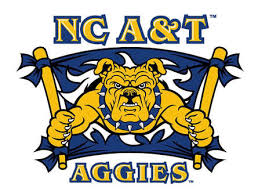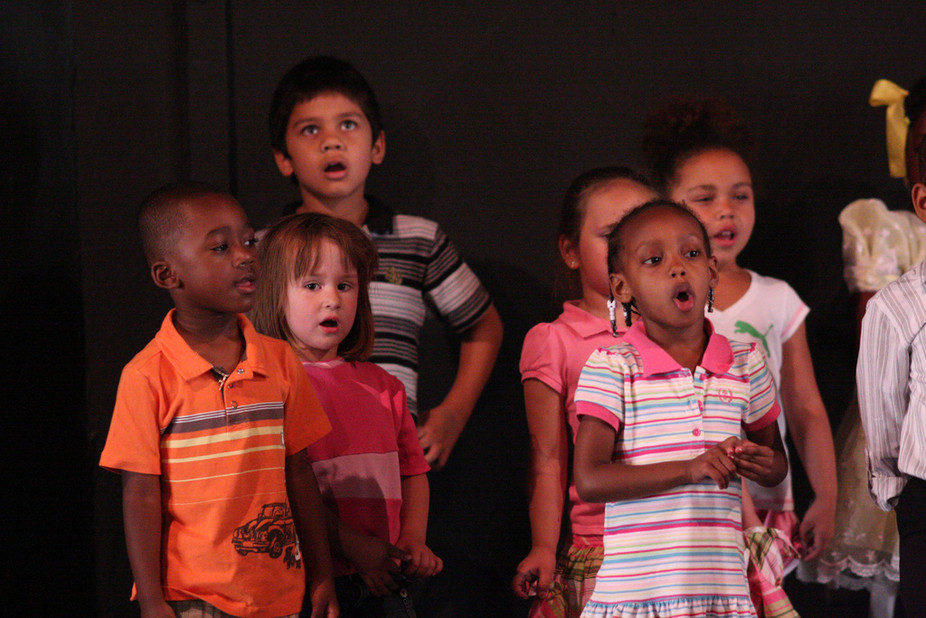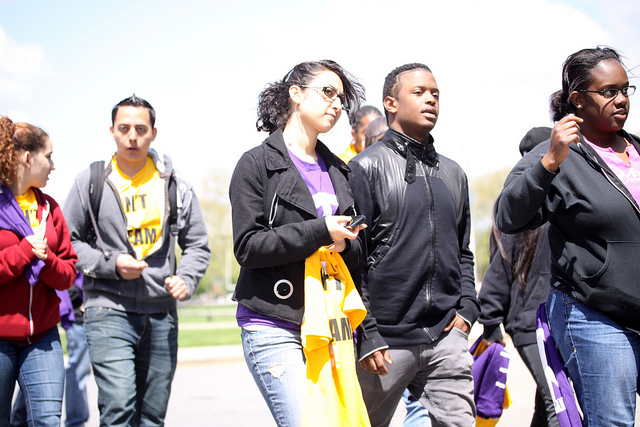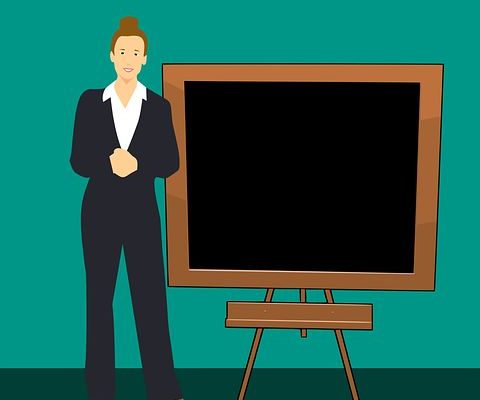3 Ways That the USDOE Was Called Out During 2015
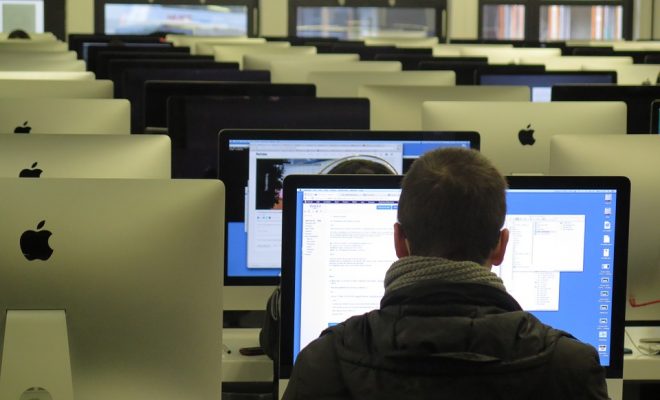
As the government organization in charge of P-20 education, the USDOE gets its fair share of love and hate. For the purpose of this piece, let’s look at the ways in which the USDOE was called out during 2015.
Senator called out USDOE. Senator Elizabeth isn’t one to shy away from controversy, which is why it was no surprise when she’s railed against the United States Department of Education.
According to the New York Times, Warren held a press conference this past June to talk about student loan debt and a system of “external checks” that would govern complaints against the department.
“We don’t trust a bank to handle its own complaints, and we shouldn’t trust the federal student loan program to do it either,” Warren said, according to the New York Times.
Warren criticized colleges and universities, the U.S. Department of Education, state legislatures, and more. She said that outstanding student loan debt needs to be refinanced and that “college affordability and student debt” are issues that need to be included in the re-authorization of the Higher Education Act.
While Warren isn’t running for president, her words will likely resonate with voters on the left as she attempts to galvanize liberal and progressive voters ahead of the 2016 presidential election. Her colleague in the Senate, Bernie Sanders, has an ambitious plan regarding higher education, and that’s to make it free by taxing Wall Street. Both lawmakers are talking about issues that many students and young Americans care about: making college more affordable or just making it free all together.
We’re likely pretty far off from giving away free access to colleges and universities, but in the interim, the discussion surrounding the price of higher education and the debt that students carry is certainly worth having. We just need to ensure that the talk eventually turns into action that will help students.
Former Corinthian students claim USDOE used them as publicity stunt. In a story that continues to grow, former attendees of Corinthian colleges have accused the United States Department of Education (USDOE) of using them as a publicity stunt.
Representatives from the “Corinthian 100” were set to meet with officials from the USDOE about their student loan debts, but they canceled the meeting because they felt they were being used. According to the New Republic, a representative from the Debt Collective, the organization aiding the students in their quest against the USDOE, did not believe the government wants to help.
“They’re using us so they can pretend to care about students.”
The Corinthian 100 continue to fight in an effort to get the government to forgive their student loan debt. Former students of the now-defunct Corinthian colleges are attempting to exercise a clause listed in the contracts they signed for student loans, which allows for students to make a “defense of repayment” if they feel that they’ve been deceived.
Because the federal government fined Corinthian $30 million, in part, for felonious ways of collecting debt, the for-profit institution was forced to shut down. That’s also why the 100 want their debt forgiven. Caught in the middle are the students who are saddled with thousands of dollars’ worth of debt owed to the Department of Education. But the 100 are refusing to bend and are demanding that their debt be forgiven.
Because Corinthian received nearly 90 percent of its revenue from federal financial aid, the federal government should overreach to help students who have shown an inability to repay their loans. Due to the carelessness of Corinthian and the government, these students may never return to college due to the debt held from a negative and painful experience with an organization masquerading as a college.
Did the USDOE use unlawful debt collectors? After news surfaced that the United States Department of Education would forgive the student loan debt of some associated with the Corinthian 100, more students and borrower advocates have questioned the collection practices of the department.
According to the Huffington Post, the department isn’t sure if the debt collectors used to gather funds from former students are doing so within the confines of the law. “In March, Education Undersecretary Ted Mitchell told borrower advocates that he wasn’t confident the department’s debt collectors were in compliance with federal debt collection laws.”
That’s fairly startling considering the department outsources nearly all of its collection services. If these companies are responsible for aggregating monies owed to the federal government through student loans, one would think that it should be attained through legal means, yes?
Good news did emerge from this bit of information, though. The Huffington Post reported that “the Treasury Department has launched a pilot program in which federal employees, rather than private contractors, try to collect on a small portion of defaulted student loans.” Through the program, the department will learn if federal employees are able to collect more money from defaulted student loans than the outsources organizations.
If the program works, that’s even better news. But some of the collection agencies that now handle student loans have acted illicitly at times. Giving more options and possibly more time for former students to repay their loans may be in the best interest of the federal government.
With debt ballooning due to the student loan crisis, a test program regarding collection services may just be dipping a toe in the water. More drastic measures may be needed to properly address the issue.
Can you think of any additional ways that the USDOE was called out during 2015?


